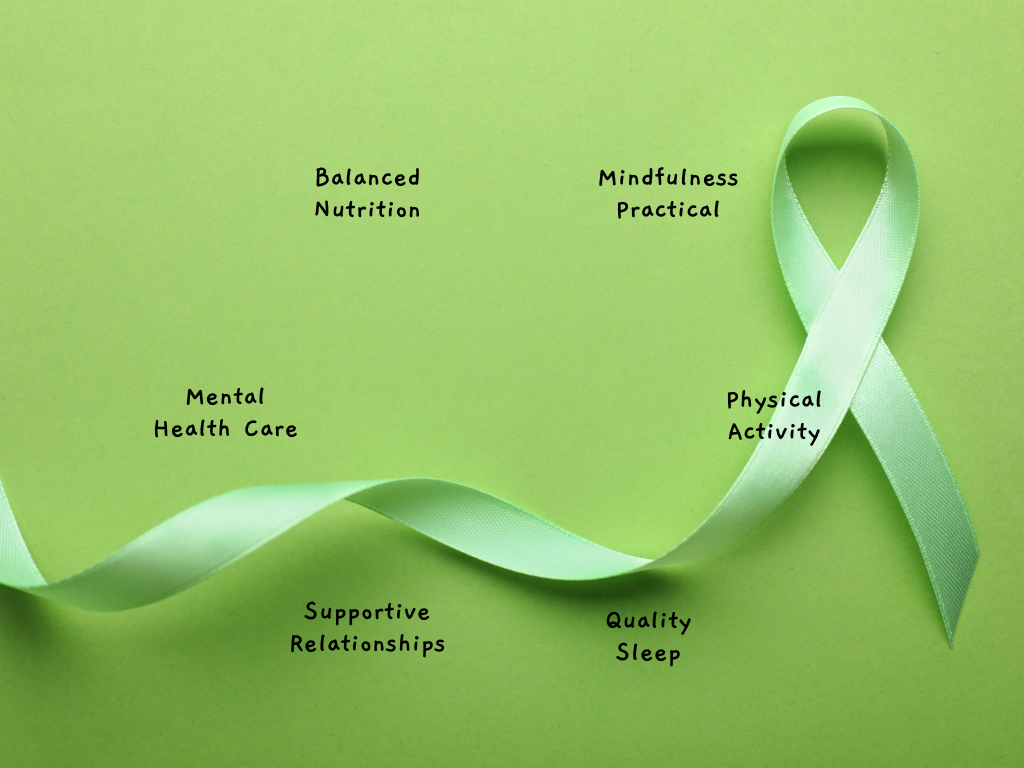Mental Health Benefits of Exercise

Mental Health Benefits of Exercise
Maintaining mental health in the fast-paced world of today can be just as difficult as maintaining physical fitness. Regular exercise, however, is one of the most natural, practical, and efficient ways to enhance mental health. Exercise has numerous and significant advantages for mental health, regardless of your level of experience. Let’s explore how engaging in physical activity can improve your mental health and provide you the means to live a more contented and balanced life. Mental Health Benefits of Exercise
Table of Contents
Toggle- Lowering Tension Mental Health Benefits of Exercise
- Taking on Depression Mental Health Benefits of Exercise
- Enhancing Emotional Health and Mood
- Improving Mental Capabilities Mental Health Benefits of Exercise
- Reduction of Stress Mental Health Benefits of Exercise
- Enhancing the Quality of Sleep
- Increasing Confidence and Self-Esteem
- In summary
Lowering Tension Mental Health Benefits of Exercise
Millions of individuals worldwide suffer with anxiety, which presents as symptoms including trepidation, restlessness, and excessive concern. Exercise on a regular basis has been demonstrated to dramatically lower anxiety levels. Running, swimming, and even brisk walking stimulate the release of endorphins, which are the body’s natural analgesics and mood enhancers.
Quick Tip: To observe noticeable reductions in your anxiety levels, try adding 30 minutes of moderate-intensity exercise to your daily regimen. Examples of such exercises are brisk walks and brief jogs.
Taking on Depression Mental Health Benefits of Exercise
A potent weapon in the fight against depression is exercise. Physical activity encourages the release of neurotransmitters like norepinephrine and serotonin, which lessen depressive symptoms. Moreover, exercise promotes the growth of new neurons and synapses in the brain, especially in depressive regions.
Best Depression Exercises:
- Physical exercises: jogging, riding, or swimming
- Strength training: Lifting weights or using your own body weight
- Mind-body practices: Tai Chi and Yoga
Enhancing Emotional Health and Mood
Frequent exercise naturally elevates mood. An instant mood boost can come from moving your body and experiencing a sense of accomplishment. In instance, social interaction—another essential element of mental health—is provided by group activities.
Join a Class: Take into consideration signing up for a local running club, spinning class, or dance class as a form of group fitness. The social component can give you a sense of belonging and greatly improve your mood.
Improving Mental Capabilities Mental Health Benefits of Exercise
Exercise is good for your body and your brain. It works both of them. Cognitive abilities including memory, concentration, and problem-solving techniques are enhanced by physical activity. The hippocampus, the area of the brain in charge of memory and learning, grows larger with regular exercise.
The Greatest Activities for Mental Wellness:
- Aerobic workouts: Cycling or running
- intricate motions Dancing or engaging in sports requiring strategic thought
- Strengthening exercises: Physical and mental challenges in exercise
Reduction of Stress Mental Health Benefits of Exercise
Getting moving is a fantastic method to decompress. Stress chemicals in the body, such as cortisol and adrenaline, are reduced by exercise. Simultaneously, it promotes endorphin generation, which naturally elevates mood. Exercises like yoga and tai chi that incorporate awareness with physical movement are especially good at lowering stress.
Try This: To assist regulate stress levels, schedule a daily yoga class or a contemplative stroll in the outdoors.
Enhancing the Quality of Sleep
Frequent exercise can promote deeper sleep and a quicker time to sleep. Exercise-induced energy depletion promotes sleep-related recovery mechanisms, resulting in more restful and rejuvenating sleep cycles.
Improve Your Sleep: Do frequent moderate-intense aerobic exercise; however, steer clear of strenuous activities right before bed as this may prevent you from falling asleep.
Increasing Confidence and Self-Esteem
Reaching any size of fitness objective can have a big impact on your confidence and sense of self. Your body image and self-worth can be improved by the physical changes you experience over time, such as improved strength, endurance, and muscular tone.
Set sensible workout objectives and acknowledge your accomplishments. Reaching a goal might give you more self-assurance and inspire you to keep going.
In summary
Exercise is indisputable for its positive effects on mental health. Frequent physical activity is essential for mental health since it can improve mood, cognitive function, self-esteem, and reduce anxiety and sadness. Making time for exercise each day doesn’t have to be difficult. Find activities you enjoy, start small, and increase your level of fitness gradually. Your mental state will appreciate it.
Recall that the path to better mental health via exercise is a journey, not a sprint. Remain steady, have patience, and relish the transformation into a better, more content version of yourself.
